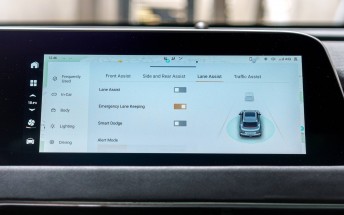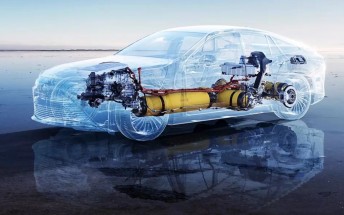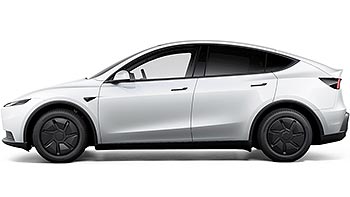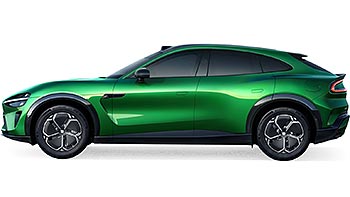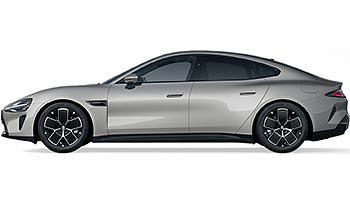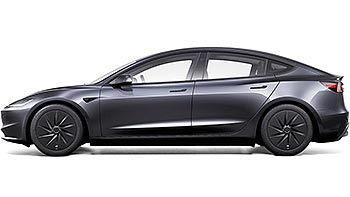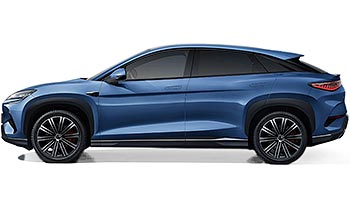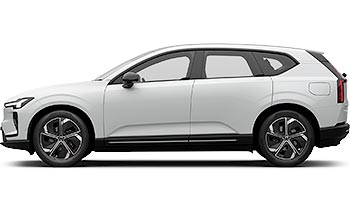Volvo, Rivian and 48 other companies petition the EU to stick to its 2035 ICE ban

The automotive industry is in the midst of a shift towards electric vehicles, and the European Union has been, at least for a while, a key driver of this change with its ambitious plan to ban the sale of new combustion engine cars starting in 2035. This policy faced recent pushback from some automakers and member states, but now a coalition of 50 companies, led by Volvo, is pressing the EU to stay the course.
These companies, which include not only automakers like Volvo and Rivian but also major players in other sectors like Uber, IKEA, and Iberdrola, argue that maintaining the 2035 target is crucial for providing the industry with the certainty it needs to invest in and achieve the EU's climate goals. Jim Rowan, Volvo's CEO, stressed the importance of electrification in reducing the industry's carbon footprint and called the 2035 target "crucial to align all stakeholders on this journey and ensure European competitiveness."

This call for policy consistency comes at a time when the EU's emissions targets for cars are facing increased scrutiny. Some automakers, grappling with a slowdown in EV sales, are finding the transition challenging. Volkswagen Group is reportedly considering factory closures, and the industry lobby ACEA has warned of potential multibillion-euro fines for missing 2025 carbon goals. Even Volvo recently scaled back its own EV ambitions, abandoning the target of selling only electric vehicles by 2030.
Despite these challenges, proponents of the combustion engine ban argue that the EU cannot afford to backpedal on its climate commitments. Transportation remains the only sector in Europe where emissions have grown over the past 30 years, a trend that must be reversed to meet the bloc's ambitious climate targets.

Interestingly, some of Europe's largest automakers, including VW, BMW, and Stellantis, have not joined this coalition. Stellantis and VW recently issued warning that their profits for the year will be lower than expected, signaling potential financial concerns about the transition. Italy, under Prime Minister Giorgia Meloni, has been vocal in its opposition to the ban, labeling it a "self-destructive approach" and pushing for an exemption for biofuels.
The debate over the EU's 2035 combustion engine ban exposes the complex challenges and competing interests involved in the transition to electric vehicles. While the policy offers a clear pathway to decarbonizing the transportation sector, its implementation will require consideration of the economic and technological realities facing the automotive industry. The coming months and years will be critical - how will the EU navigate this transition? And, even more crucially, can it maintain the leadership in the global shift towards electric mobility? Some would argue that this race is already lost.
Related
Reader comments
Since when do the political mandates work? OK, let's be smart: "With every new EV your whole family gets a free vaccination. But if you buy 4WD EV, we'll throw in an extra monthly booster for life, whichever comes first."
- 02 Oct 2024
- 8pJ
- Vic
Someone just wants to take over European car market...
- 02 Oct 2024
- 3n5
- Anonymous
They should make it 2027
- 02 Oct 2024
- rK8








